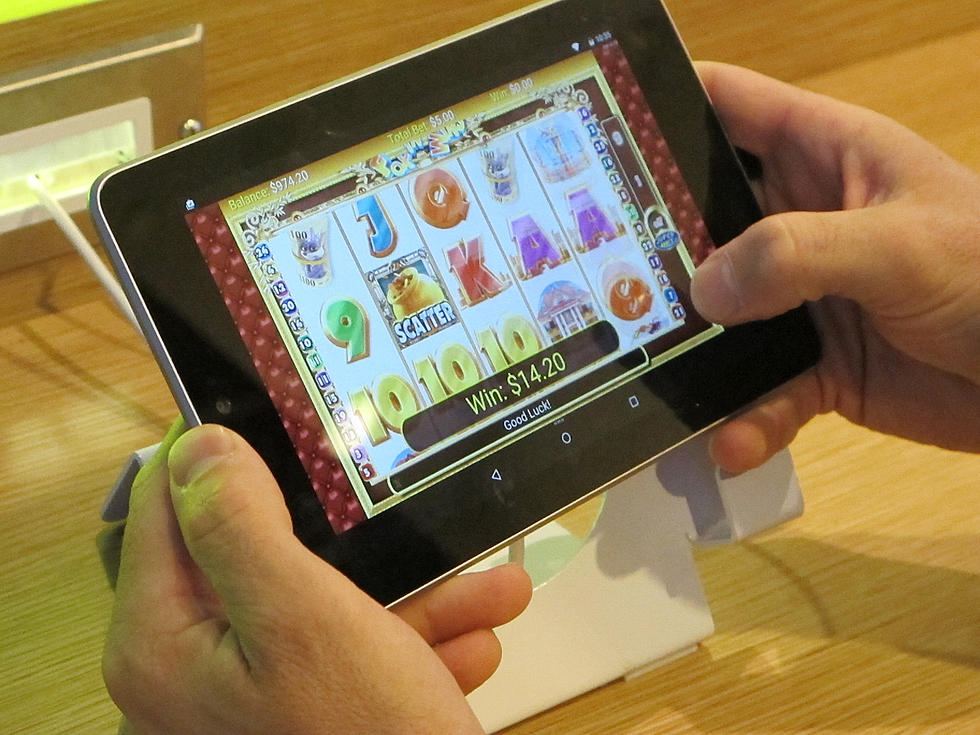
Problem gambling not so uncommon in New Jersey
Living in a state with seven casinos and the ability to wager online may be convenient for those who get the gambling itch every once in a while. But the combination also comes with a price.
According to a study by Rutgers University's Center for Gambling Studies at the School of Social Work, the prevalence rate in New Jersey of both problem gamblers and those who could meet the criteria for gambling disorder is about three times higher than in samples taken outside the state.
The study — a first of its kind for the Garden State since the 1980s — surveyed more than 3,600 adults over the phone and online to determine the presence of symptoms of a gambling problem.
Among those who presented eight or more problem symptoms, nearly 71 percent said they've gambled in the past year at both online and land-based venues.
Overall, nearly 70 percent of residents reported gambling over the past 12 months.
"For most people, gambling is recreation," Lia Nower, the center's director, said in a statement accompanying the study. "But the more games you play, the more often you gamble and the more venues you frequent, the more likely you are to develop a problem."
According to Nower, online gambling on its own does not appear to increase one's potential to become a problem gambler. Less than 7 percent of high-risk respondents said they gamble online only.
Revenue from internet gambling, which launched in New Jersey in 2013, grew 22.6 percent in April compared to one year prior.
More than any other ethnicity analyzed, 16.2 percent of Hispanics fell in the study's high-risk category. At 76.1 percent, whites had the largest share of non-problem gamblers.
The Council on Compulsive Gambling of New Jersey is ensuring there are counselors available to speak with Hispanic problem gamblers, according to executive director Neva Pryor. The council issues brochures in Spanish, Chinese and English.
"One of the most disturbing things about gamblers is they have a very high suicide rate because once the gambler reaches their bottom, they feel like there's no way out," Pryor told New Jersey 101.5.
Pryor noted the council is neither for nor against gambling, as the overwhelming majority of the public can gamble and not have a problem.
If you or someone you know has a gambling problem, Pryor said, call 800-GAMBLER.
"We offer support, treatment and hope 24 hours a day, seven days a week, and we're just a phone call or a click away," Pryor said.
More from New Jersey 101.5:
Contact reporter Dino Flammia at dino.flammia@townsquaremedia.com.
More From New Jersey 101.5 FM









